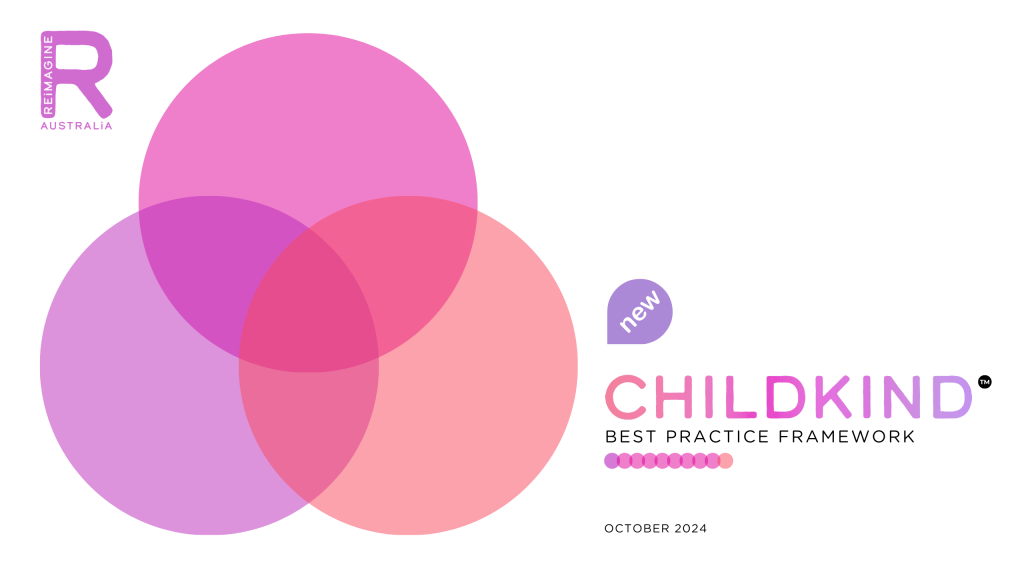KEY COMPETENCY 7.1 – COLLABORATE WITH OTHERS
“I will work together with other professionals and stakeholders to support the needs of children and families.”
Collaborative Practice is the first competency under the ‘Collaborate With Others’ Way of Working, and relates to the ‘design and delivery of services and supports‘ phase of the child’s early developmental support journey. It is important for:
Holistic Support: Collaboration among practitioners, families, and other stakeholders ensures a comprehensive approach to meeting each child’s unique needs, leading to more effective interventions.
Shared Expertise: Working together allows for the pooling of knowledge and resources, enhancing the quality of support provided to children with disabilities.
Improved Communication: Collaborative practice fosters open dialogue, enabling practitioners and families to align their goals and expectations, which enhances trust and understanding.
Increased Advocacy: Unified efforts in advocacy strengthen the voice of families and practitioners, promoting better access to resources and services.
Collaborative practice involves working together with other professionals, such as educators, health practitioners, social workers, and family support services, to provide holistic support for children and families. By leveraging the expertise of multiple stakeholders, practitioners can ensure that all aspects of a child’s development and well-being are addressed.
Research emphasises that collaborative practice is essential for ensuring that services are integrated and responsive to the diverse needs of children and families, and reinforces the importance of interprofessional collaboration in early childhood settings, highlighting the benefits of shared decision-making and expertise.
Research and Further Reading:
Pattiruhu, C. (2023). Integrative holistic learning strategies in early childhood education. Al-Hijr Journal of Adulearn World, 2(4), 329-349. https://doi.org/10.55849/alhijr.v2i1.549
Warren, A. (2014). ‘relationships for me are the key for everything’: early childhood teachers’ subjectivities as relational professionals. Contemporary Issues in early childhood, 15(3), 262-271. https://doi.org/10.2304/ciec.2014.15.3.262
Bricker, D., Felimban, H., Lin, F., Stegenga, S., & Storie, S. (2020). A proposed framework for enhancing collaboration in early intervention/early childhood special education. Topics in early childhood Special Education, 41(4), 240-252. https://doi.org/10.1177/0271121419890683
COMPETENCY MILESTONES
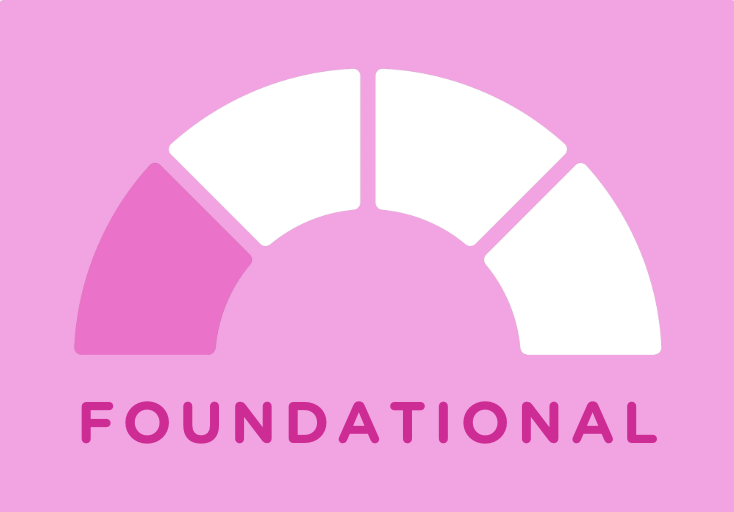
I am able to:
Support decision-making through collaboration and consensus- building with the child, their family and carers.
Build rapport and foster trust through effective communication and relationship management.
Ensure lived experiences are central to decision-making processes.
Engage with all supports around the child and family to work collaboratively towards family goals.
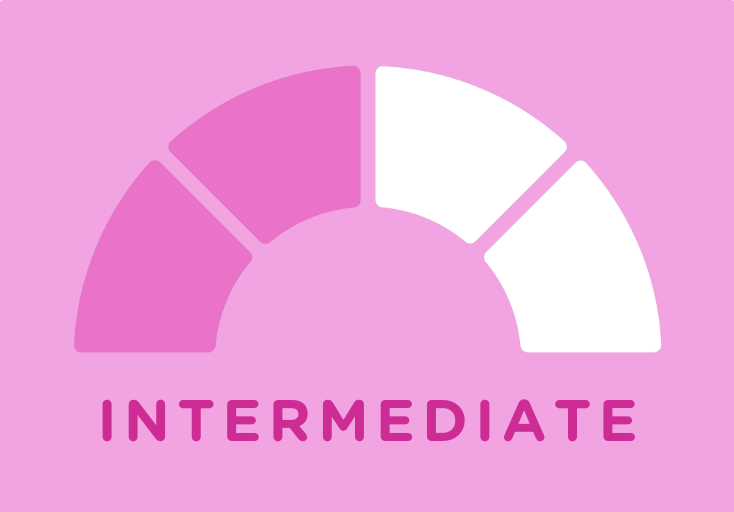
I am able to:
Support decision-making through collaboration and consensus- building with the child, their family, carers and their multidisciplinary teams.
Apply collaborative approaches to address complex challenges and improve service outcomes.
Promote open communication and information sharing to enhance team cohesion and effectiveness.
Integrate diverse perspectives and experiences to inform decision- making and service planning.
Regularly engage with all supports around the child and family to ensure alignment and progress towards family goals.
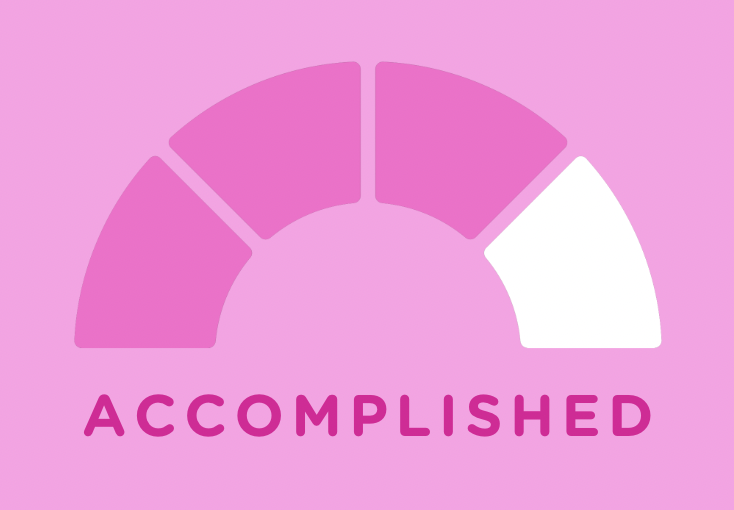
I am able to:
Lead joint decision-making conversations, building consensus among the child, their family, carers and their multidisciplinary teams.
Develop strategies for resolving conflicts and promoting constructive dialogue within teams, fostering a culture of shared responsibility and collective impact.
Advocate for inclusive practices that value diverse contributions and perspectives.
Proactively engage with all supports around the child and family to align strategies and interventions with family goals.
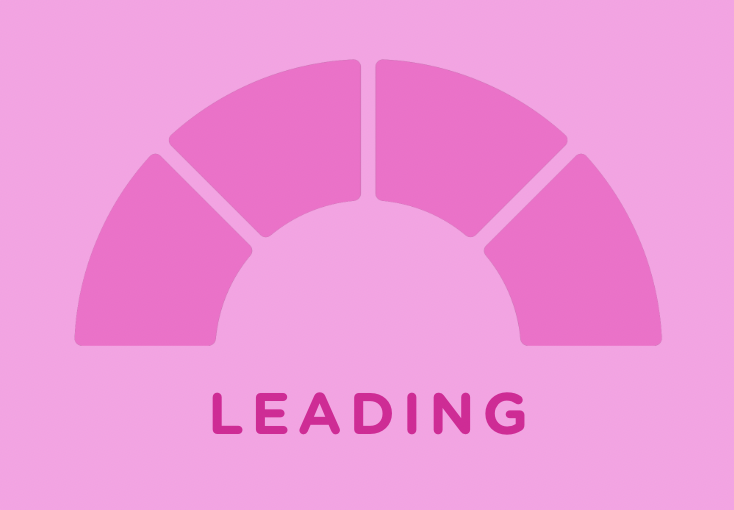
I am able to:
Lead joint decision-making conversations and build consensus among the child, their family, carers and their multidisciplinary teams.
Introduce new collaborative models and frameworks, enhancing interdisciplinary collaboration and integration.
Influence systemic changes to promote person-centred approaches and shared decision-making.
Partner across the sector to co- design solutions and improve service delivery outcomes.
Strategically engage with all supports around the child and family to drive innovative solutions and achieve family goals.
Reflection questions are a valuable tool for practitioners, promoting self-awareness, critical thinking, continuous improvement, and stronger relationships in their work with children and families. Below are some reflection questions for Key Competency 7.1: Collaborative Practice:
Am I actively collaborating with other professionals to support the children and families I work with?
How do I contribute to shared decision-making and goal-setting?
Do I communicate effectively with other stakeholders to ensure a unified approach to care?
Collaborative practice enables a holistic approach to care, ensuring that every aspect of a child’s development is supported by a cohesive team of professionals.
(Jackson et al., 2021, p. 126).
Access more information on the ChildKind Best Practice Framework with its 10 Ways of Working, 30 Key Competencies and 8 supporting Values and Behaviours here:
